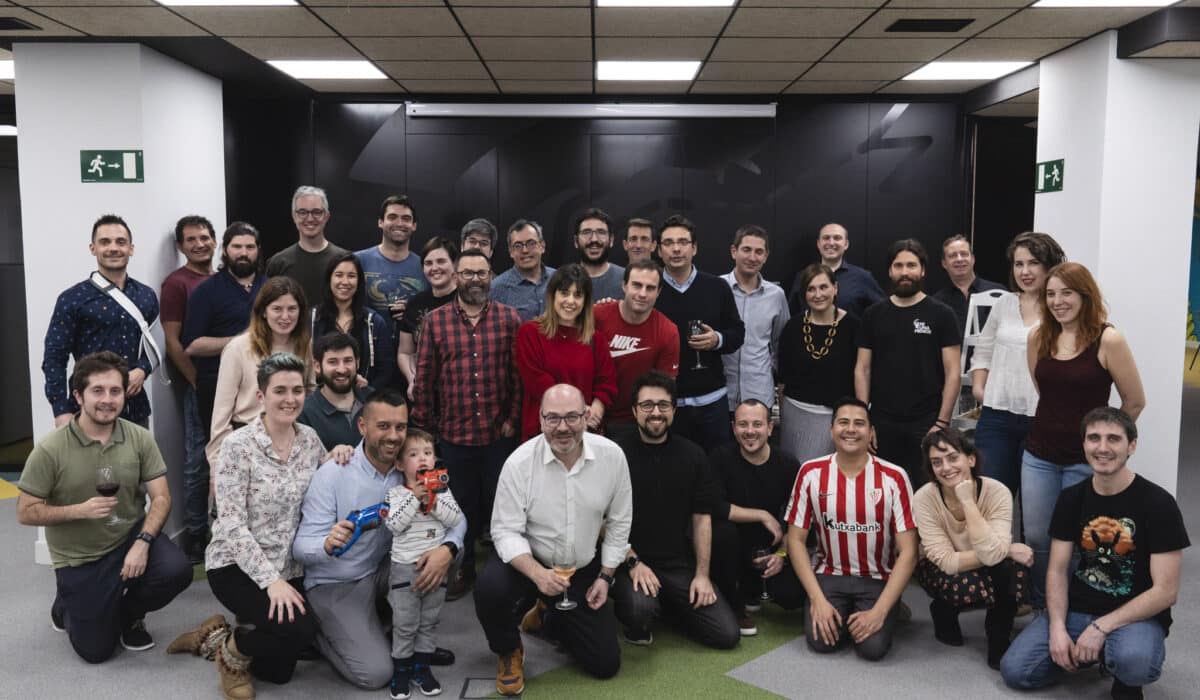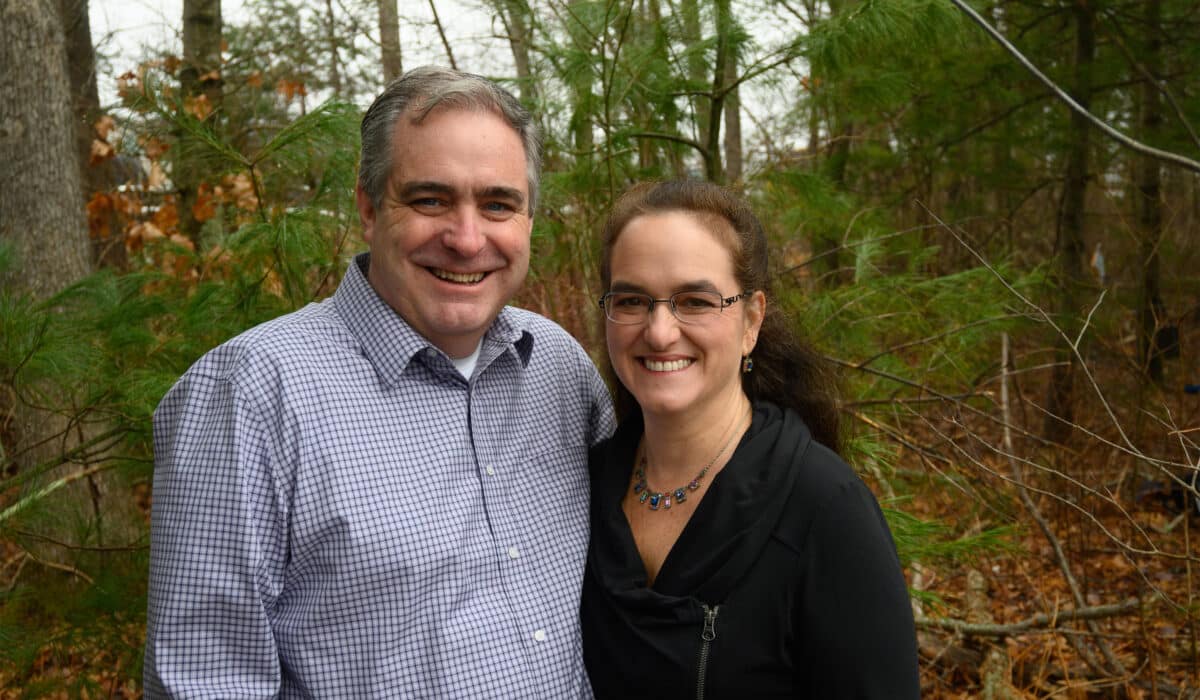Founders tend to pore over revenue and profit.
But that’s just one element of building a great business. The company’s identity and culture can also have a big effect on whether the company succeeds.
That’s the No. 1 piece of advice founder Roberto Dominguez shared after he sold his software company, Comalatech, for mid-8 figures in 2022.
“Focus on revenue and profit, then work on your corporate identity,” he said. “Corporate identity is fundamental to build and maintain a team — which is the basis of the company — and to earn the respect of your customers, partners and potential buyers.”
Building Comalatech’s $10M annual revenue — and culture
Dominguez, based in Vancouver, founded Comalatech in 2005 when he realized companies needed a better way to create, approve and distribute content in Confluence, a content collaboration and management workspace by Atlassian.
Comalatech grew into a suite of products focused on the Atlassian ecosystem, starting with Comala Document Management, a document approval app that helps teams automate document reviews and approvals.
Other popular Comalatech products include Comala Metadata, which allows users to use metadata to generate reports for pages, and Comala Publishing, which helps teams easily access documents from one location.
The key to the company’s growth was adapting well to change, Dominguez shared.
“There is what you want, there is what you plan, there is what you think, and there is the reality you learn as you go,” Dominguez said. “Several times I changed direction halfway through ‘well thought-out decisions,’ and if not on most — at least on the most important occasions — I’ve got it right.”
Comalatech remained bootstrapped, growing into an international team. In 2018, with most developers based in Spain, Dominguez opened an office in Bilbao. This helped the team work together and build the company’s culture and identity.
“My favorite part of working at Comalatech is the people, the team sharing interests and also the culture of the company — of working hard, doing great products but having fun while we do it,” Cristina, a front-end developer, said in a video highlighting the company’s culture.
Several members of the team highlighted the company’s emphasis on work-life balance. Cristina, for example, said she lives in the countryside and has dogs, which she’s able to bring into work. Parents on the team mentioned the importance of being able to step away when needed.
By 2021, Comalatech passed $10 million in annual revenue. At sale, the team consisted of 45 employees, and Comalatech products had more than 10,000 active installs.
Comalatech’s sale to Appfire: “When a good opportunity comes, take it”
Dominguez wasn’t looking to sell when software company Appfire, which builds products for workflow platforms like Atlassian, approached him about buying Comalatech.
“The opportunity came at the time Comalatech had reached a good level of maturity in process, culture, sales and team,” Dominguez says. “Two to three years prior to the sale we worked very hard on getting serious as a company.”
When Appfire reached out, Dominguez’ corporate lawyer recommended he reach out to the advisors at Sequeira Partners to help with negotiation. “I am terrible at negotiating,” he said.
Dominguez described the process as fairly quick.
“Given the fact the buyer was from the Atlassian ecosystem, and that we were very well prepared, it only took three months of negotiation and three months of due diligence and closing,” he says.
The most challenging part was keeping the sale from the rest of the team. “I had a very transparent culture and not letting them know — at least my top managers — was hard,” he shared.
In March 2022, Comalatech officially became part of Appfire in a mid-8 figure sale, Dominguez said.
As part of the deal, Dominguez committed two years to Appfire. By April 2024, he had moved on and was continuing to explore AI, develop new products, and share his experience with other entrepreneurs in product development and market strategy.


